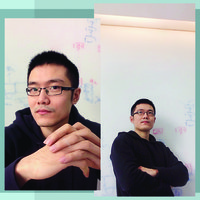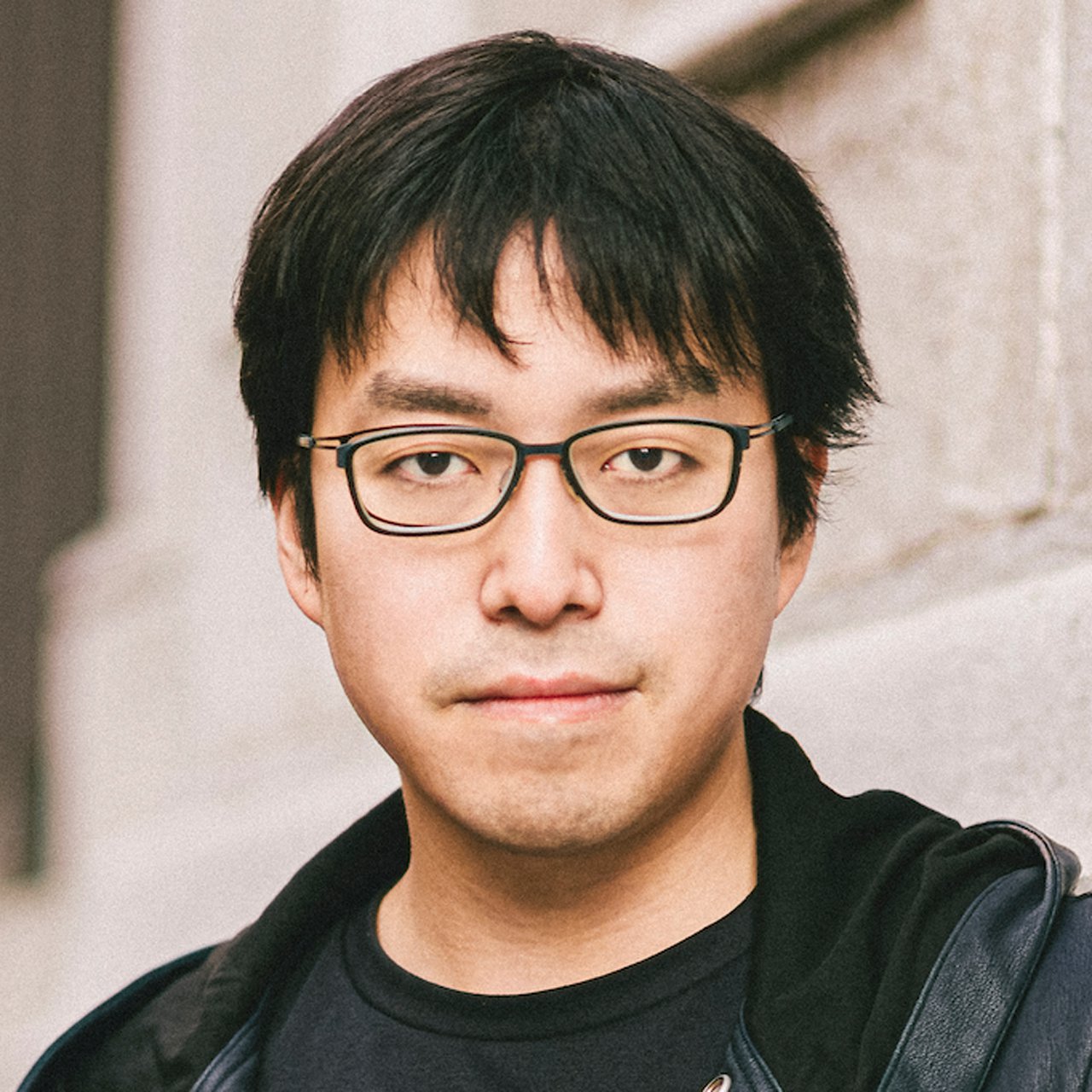Combining artificial intelligence and machine learning with social science and philosophy creates a combination that can be integrated into policy and business in order to design an unforeseen version of society. This is the goal of Yusuke Narita, the Assistant Professor at Yale University and Representative Director and President of the startup Hanjuku-Kaso. In that sense, it may be more apt to call him a "revolutionary" who is aiming to innovate society through fusion with AI rather than an AI specialist.
Narita considers (1) "research, development, and the liberation of technology," (2) "business and policy (particularly education)," and (3) "the concept of society in the 22nd century" as the 3 pillars of his activities. During the day, he engages in (2) and (3) as the representative of Hanjuku-Kaso in Japan, and he engages in (1) at night as an Assistant Professor at Yale University in the United States. He states, "I would like to bridge numerous nations, cultures, and industries and fuse a variety of ideas without minding divisions in order to create values that cannot be created by other people and organizations."
In terms of his first pillar of "research, development, and the liberation of technology," he is researching "social system design," in which data, algorithms, and mathematics are brought together to design the markets and systems of the world from scratch, and "cause and effect machine learning," which uses data to find the causal relationships that form the world. He created the "method for data-driven design of decision-making and resource allocation algorithms," which has wide-ranging applications from machine learning businesses to educational policy, and has published peer-reviewed papers in academic journals in AI, economics, applied mathematics, industrial engineering, and other difficult fields. At the same time, he is working to turn this method into open-source software with his self-proclaimed aim of "dispersing the power of data and algorithms, which tends to be concentrated in monopolistic enterprises in the United States and China, to wider society."
With regard to his activities based on the pillar of "business and policy" built on these results, he works with tens of companies, municipalities, and non-profit organizations to put the technologies he creates into practice in society. His partners, which include the Departments of Education in New York City and Chicago and other public organizations, non-profit organizations, digital companies, and traditional analog companies, are wide-ranging, and he defines his ultimate goal as "making educational, medical, and other public policies mechanical and intelligent."
Through his joint project with CyberAgent, a major advertising agency in Japan, he is discussing and researching the design of a system for the experimentation and fusion of causal inference and machine learning in order to create an advertisement distribution technology that can bring forth a more significant impact on user behavior by considering causal relationships. He proposed a method with less uncertainty when evaluating the application of machine learning for decision-making, such as with "Bandit Algorithms" that explore the best option based on limited information, compared to conventional methods.




